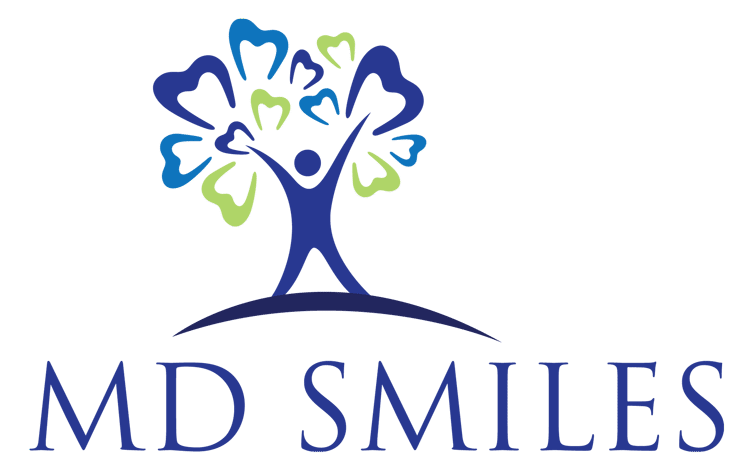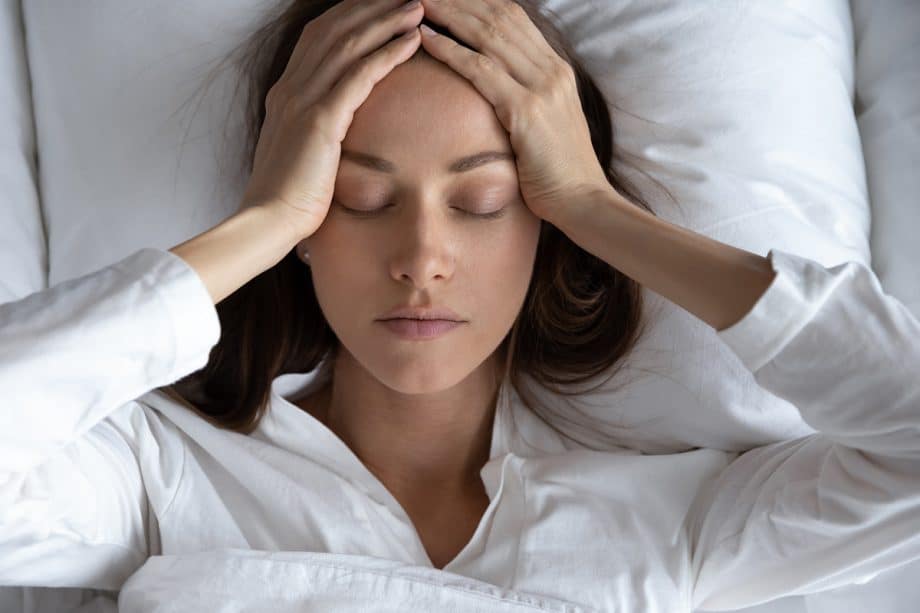Getting a good night’s sleep is so important for feeling well and being able to function throughout your day. Unfortunately, those who suffer from sleep apnea may think they are sleeping the whole night when, in reality, they are caught in a cycle of obstructed breathing. Their brain could be waking them up to breathe hundreds of times throughout the night.
Sleep apnea is something that you shouldn’t ignore. Knowing the symptoms of it will help you to take action and seek help – sooner rather than later.
What is Sleep Apnea?
Sleep apnea is a sleep disorder that involves the stopping and starting of your breath as you sleep. There are different types, but obstructive sleep apnea (OSA) is the most common and it occurs due to the muscles of the throat relaxing and blocking the airflow.
There are treatments available to help prevent this blockage from happening, keeping the airflow open so that it reaches the lungs. In turn, you get good, uninterrupted sleep. One of the most well-known treatments includes the use of a CPAP machine. However, for those with mild to moderate OSA, some dentists offer oral appliance therapy.
Oral appliance therapy (OAT) involves the use of a mouthguard-type device that adjusts the position of your jaw. This small change is often enough to keep the airway open so that you can breathe better and feel better.
Symptoms of Sleep Apnea
Snoring is always a significant factor in the signs or symptoms of sleep apnea. Though it is important to note that not every person who snores has sleep apnea, but nearly all who do – snore. It is hard to know whether or not snoring is an issue for you unless someone observes it and tells you. Thankfully, there are many other signs you can look out for:
- Waking up tired and feeling exhausted throughout the day
- Morning headaches
- Periods of not breathing in sleep (also requires someone else to observe)
- Difficulty concentrating or focusing on daily tasks
- Waking up in the night gasping for air or choking
It is tough to know for sure on your own if you are suffering from sleep apnea. However, if you have all of these signs and no other underlying medical condition, you could very well have trouble breathing while you sleep. It is important that you seek help.
The Importance of Seeking Treatment
Don’t dismiss sleep apnea as something that isn’t important to address. Ignoring it will not only leave you feeling all of the symptoms above, but it can lead to some serious health issues in the future, including heart attacks, strokes, diabetes, and so forth.
Your body needs restful, good-quality sleep to function optimally. With sleep apnea, it is not getting it night after night.
Don’t put yourself at risk – seek help.
Sleep Apnea Treatment at MD Smiles
Sleep apnea is something that shouldn’t go untreated. At MD Smiles, we offer oral appliances that can help provide relief to those suffering from obstructive sleep apnea.
To learn more or to see if you are a candidate, contact us today at 410-531-2690. Or request an appointment online after you have had a professional sleep study done and it was performed within a 2 year period.

